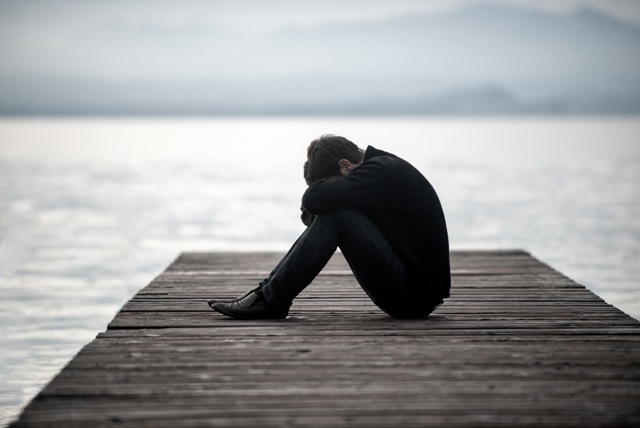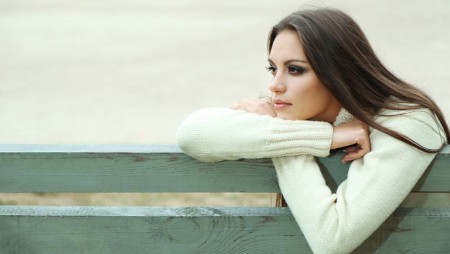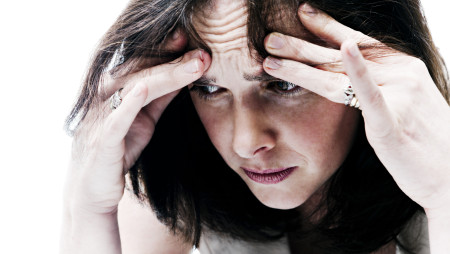*Trigger Warning*
Most of us are lost for words when we hear or read about a child being abused. We think to ourselves, how can anyone hurt such a vulnerable young human being?
We become understandably outraged when we hear that a child has been sexually abused within institutions such as the church or at school, or at childcare centres. The Royal Commission investigation into institutional sexual abuse has been a long time coming and is readily welcomed. It has helped highlight not only the problem of sexual abuse in our society but also the detrimental and often long lasting effects that abuse can have on children.
However, institutional abuse is only part of the picture. There are also a large number of children who experience abuse in their own homes, in the very place that they should be allowed to feel safest in the world.
What is child abuse?
Child abuse is the non-accidental maltreatment of a child. It can be physical, sexual or emotional in nature, and it can also be a form of neglect.
What are the effects of abuse?
While abuse affects everyone differently, research has found that abuse that is chronic and prolonged is likely to have a worse outcome than transitory or isolated incidents of abuse. The age the abuse occurred, the severity of the abuse and whether there were any protective factors may all contribute to how it affects someone (AIFS, 2014).
Individuals who have been subjected to repeated abuse are more likely to be continually hyper-vigilant, anxious and agitated. As adults, they might continue to find it difficult to feel safe in the world, and are likely to have fundamental problems in basic trust.
Childhood abuse and relationships
Relationships are important to our well-being. However, when someone has experienced severe childhood abuse, they might find it difficult to form healthy loving relationships as adults.
Intimate relationships might feel difficult to navigate and they might not be very good at establishing boundaries or asserting themselves. They might trust the wrong people and put up with things that others wouldn’t. For example, they might stay with someone who puts them down, or treat them like they’re not worthwhile.
Or they might avoid relationships altogether. Despite wanting the intimacy and closeness, the risk of getting hurt again might feel too great to try again, leaving them feeling isolated and lonely.
Childhood abuse and mental health issues
Research has shown that children who have been abused are vulnerable to mental health issues such as anxiety, depression, dissociative disorders, substance abuse, low self-esteem, complex trauma and post-traumatic stress disorder (AIFS, 2014).
Aside from poor mental health, adults with a history of child abuse are more likely to experience social isolation and physical health problems, such as gastrointestinal problems, arthritis and cardiovascular disease.
Contrary to what was once thought, recent research has found that “children who are emotionally abused and neglected face similar and sometimes worse mental health problems as children who are physically or sexually abused” (Spinazzola et al., 2014). (http://www.apa.org/news/press/releases/2014/10/psychological-abuse.aspx)
Healing from childhood abuse
Children need loving, reliable, predictable and responsive caregivers to help them develop their sense of self. Children who grow up feeling good about themselves are more likely to effectively regulate their emotions as well as form secure, mutually respectful relationships as adults.
Children who have been abused may experience significant emotional and psychological distress at an important developmental part of their lives. While it may be very difficult to talk about the abuse, most survivors, at some point in their lives, find it helpful to tell someone they trust about their experience.
Recovery from childhood abuse typically needs to happen in the context of a healthy, trusting relationship. For some people this will be with a psychologist, while for others, their healing might happen in the context of a loving relationship with their partner for example, or with a close friend perhaps.
Everyone is different and has different needs.
For some, recovery may also involve working on different areas of themselves such as learning to manage uncomfortable emotions, or building a stronger sense of themselves or learning to build and navigate healthy and supportive relationships with others.
Healing is possible and there is professional help available.
If you know anyone who is being abused, please report it to the relevant authority in your area.
If you like my posts and would like to see more, connect with me on Facebook and Twitter.
Maria Scoda is a psychologist in Sydney. This post is an opinion piece and is for informational purposes only. It does not address people’s individual circumstances or needs and it is not a substitute for professional help. Please see a health care professional if you are struggling. External links have been provided for convenience. They are created and maintained by other organisations and I cannot control or guarantee the accuracy, relevance, timeliness, or completeness of their contents.






No Comment